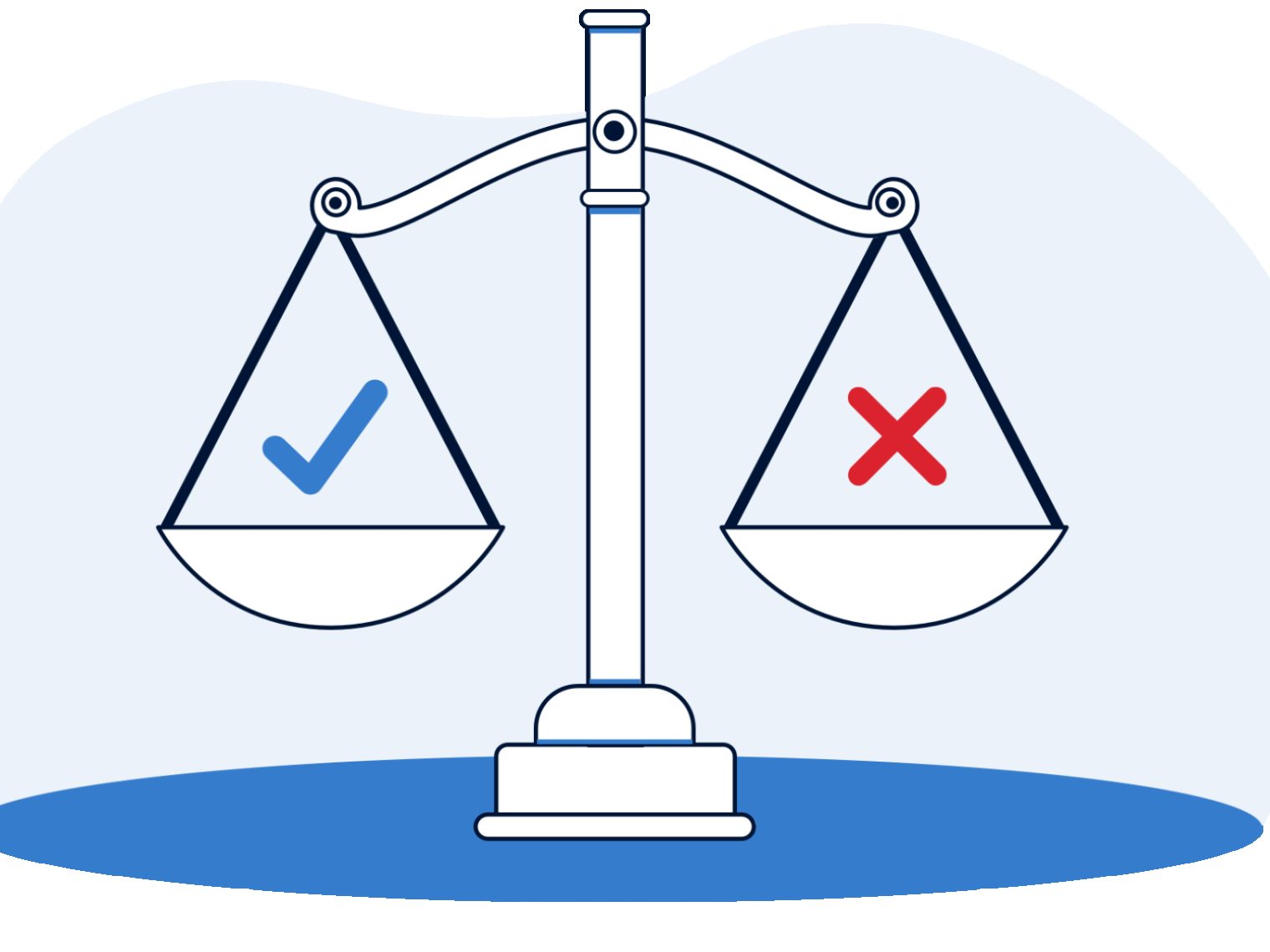It's possible for Veterans using small business income to secure a VA home loan but they may encounter challenges due to income verification requirements, especially if their businesses are less than two years old. This article outlines the obstacles and provides guidance on how Veterans can navigate the process of using small business income to qualify for a VA loan.
Small businesses are the backbone of the American economy.
According to the Small Business Administration, over 1.9 million Veteran-owned small businesses exist in the United States. Despite the tough economy and rate environment, Veterans in communities nationwide are starting new businesses every day.
The good news is that being self-employed or an aspiring entrepreneur won't stop you from being able to get a VA loan. However, Veterans applying for a VA loan with their small business income may face various challenges compared to those with a typical 9-5.
Two Years or Bust
Those using small business income for their VA loan need to understand that self-employment income is a thorny issue for most mortgage lenders. Unless you've been in business for more than two years, it's going to be difficult for you to secure a VA home loan.
That's a tough pill to swallow for many new business owners. And it isn't easy to tell service members they will have to wait.
Why Two Years?
The VA requires lenders to ensure homebuyers have steady, reliable income. To accomplish this, lenders will want to see at least two years of tax returns to assess your income and likely ability to handle a mortgage payment.
Anything less than a two-year period typically fails to meet the VA's requirement that income be stable, reliable and likely to continue.
Self-employed Veterans generally have to supply the following:
- Individual tax returns for the previous two years
- Business tax returns for the previous two years
- Financial statements like balance sheets and profit-and-loss statements
These are only a few of the required documents. Your lender may require additional documentation. I cover VA loans and self-employment income in depth here.
Checking Credit
Lenders may also need a credit report on the business in addition to the applicant. There's some estimated guesswork involved when reviewing the income potential of a self-employed Veteran. Lenders will look at trends and comparable businesses to try and determine whether the business owner will likely make enough money to pay a mortgage in the coming years.
Like a Veteran who has taken a pay cut with each successive job, self-employed Veterans whose businesses are in decline will receive extra scrutiny. The last thing lenders want is to float a mortgage to an entrepreneur whose business is on the cusp of crumbling.
Bottom Line
Veterans who recently started a business and have no other source of stable and reliable income will likely have to wait two years before they can secure VA home financing. You can speak in depth with a loan specialist regarding your specific situation at 855-870-8845.
Related Posts
-
 VA Renovation Loans for Home ImprovementVA rehab and renovation loans are the VA's answer to an aging housing market in the United States. Here we dive into this unique loan type and the potential downsides accompanying them.
VA Renovation Loans for Home ImprovementVA rehab and renovation loans are the VA's answer to an aging housing market in the United States. Here we dive into this unique loan type and the potential downsides accompanying them. -
 Pros and Cons of VA LoansAs with any mortgage option, VA loans have pros and cons that you should be aware of before making a final decision. So let's take a closer look.
Pros and Cons of VA LoansAs with any mortgage option, VA loans have pros and cons that you should be aware of before making a final decision. So let's take a closer look.
